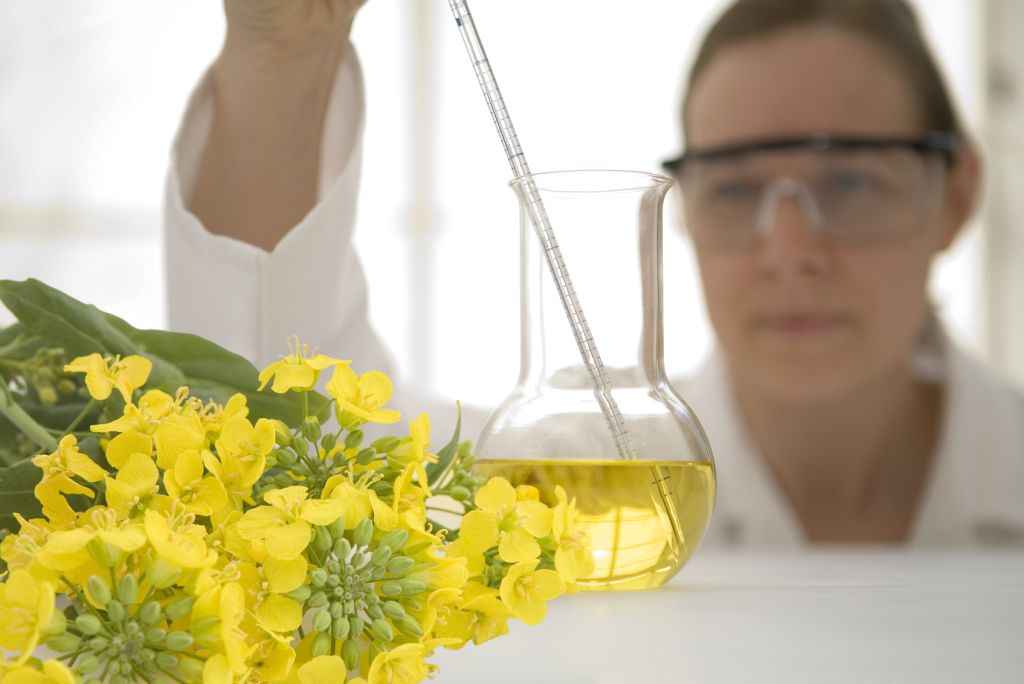Brazil plans to develop tropical rapeseed hybrids

Brazilian agricultural research corporation Embrapa Agroenergia and breeding company Advanta Seeds have entered into a partnership to develop the first tropical canola hybrids.
The initiative could change the landscape of agricultural production in the country, opening up new opportunities for rural producers and meeting the growing demand for vegetable oil and biofuels, according to Revista Cultivar.
The partnership launched the BRSCanola project, which aims to develop hybrid varieties with high agronomic characteristics, resistance to diseases, herbicides, adapted to the climate and tropical soils of the Central-South region of the country. The project will last for two years and will combine the results of research aimed at creating multiple hybrid combinations through field and greenhouse trials, including assessment of resistance to water stress, diseases and grain quality.
The project is a pioneering initiative for the Brazilian market, given that the lack of hybrids adapted to tropical conditions has been one of the main obstacles to expanding crops and increasing crop yields in the country.
The area under rapeseed cultivation in Brazil reached 40,000 hectares in 2021, and increased to 250,000 hectares in 2024. It is expected to reach 350,000 hectares in 2026. But public policies aimed at developing production and introducing biofuels in the country consider these areas insufficient.
Rapeseed has proven itself as a strategic option for crop rotation in regions where there is a growing demand for alternatives to corn as a second crop. Thanks to its relatively short cultivation cycle and good adaptation to moderate temperatures, rapeseed can be grown immediately after soybean harvest, optimizing land use.
In Brazil, rapeseed could account for up to 20% of the area where soybeans are grown, allowing production to expand without the need to develop new territories.
With the advent of more productive hybrids adapted to tropical climates, the country’s crop area is expected to increase significantly in the coming years, allowing for increased supplies of vegetable oil for biodiesel production.
Earlier, Embrapa, which helped turn Brazil into a leading soybean exporter, was reportedly preparing a 12-year research program for industrial hemp. The company’s plans include creating a seed bank and adapting varieties to Brazilian soil and climate, as well as helping to identify and develop regional production hubs across the country.
Read also
Abbey Commodities – General Partner of BLACK SEA GRAIN.KYIV-2026
Black Sea & Danube Barley Market at a Turning Point: Demand Pressure and Regi...
US Supreme Court rules Trump’s emergency duties illegal
Mercosur: Protective measures for European agriculture
US makes concessions on pulses in new trade deal with India
Write to us
Our manager will contact you soon



